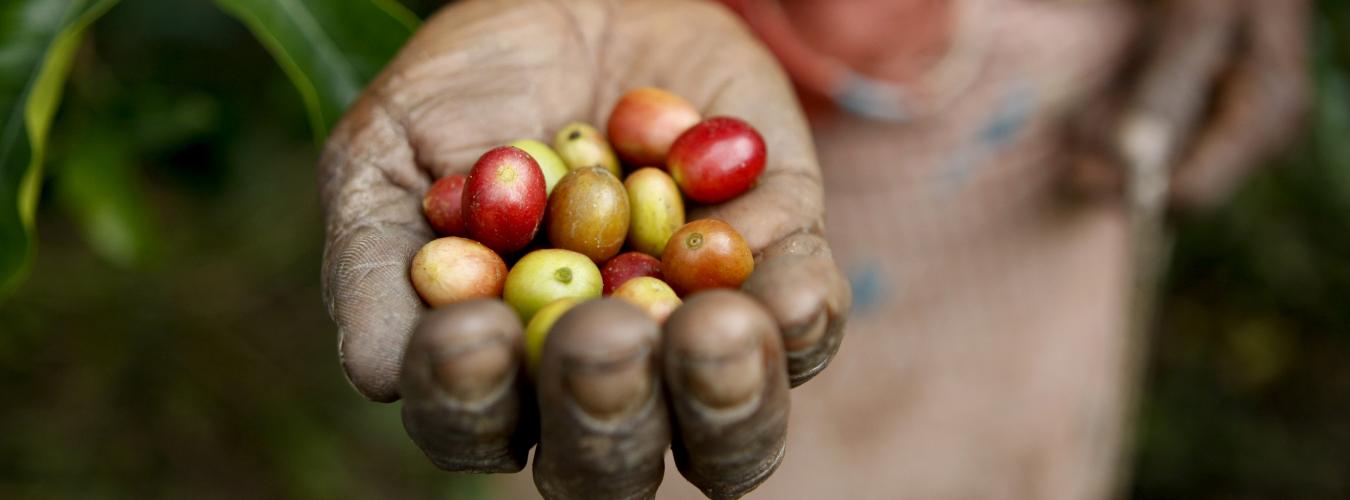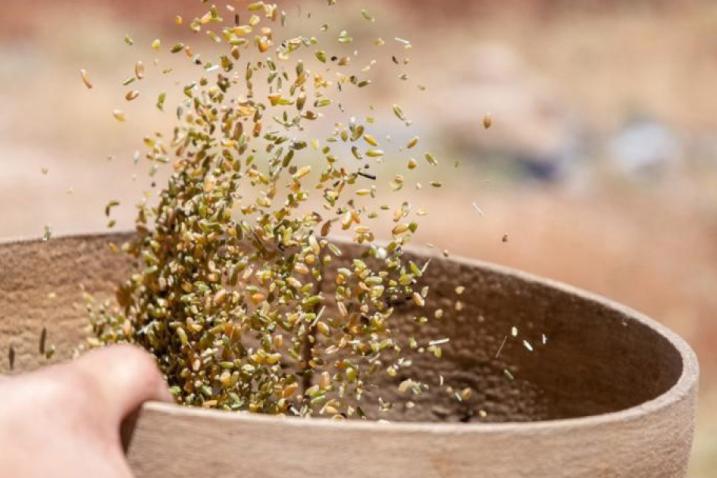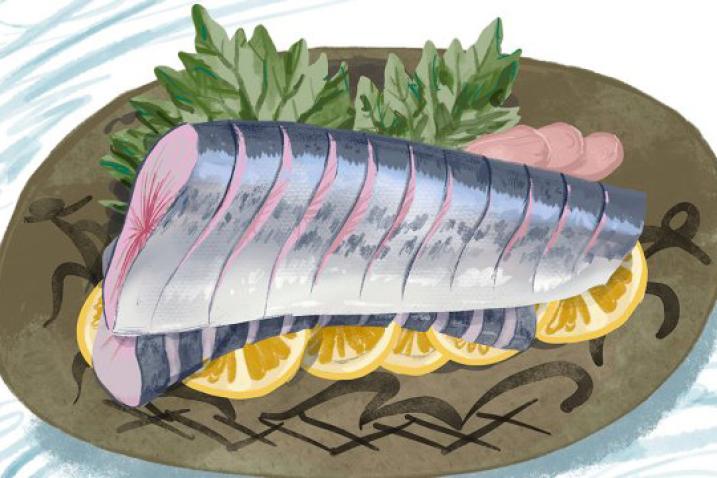
What is Sustainable Gastronomy?
Gastronomy is sometimes called the art of food. It can also refer to a style of cooking from a particular region. In other words, gastronomy often refers to local food and cuisine. Sustainability is the idea that something (e.g. agriculture, fishing or even preparation of food) is done in a way that is not wasteful of our natural resources and can be continued into the future without being detrimental to our environment or health.
Sustainable gastronomy, therefore, means cuisine that takes into account where the ingredients are from, how the food is grown and how it gets to our markets and eventually to our plates.
Source: FAO
How the UN System Works for a Sustainable Gastronomy
The United Nations Educational, Scientific and Cultural Organization (UNESCO) and the Food and Agriculture Organization (FAO) and the UN General Assembly work to facilitate the observance of Sustainable Gastronomy Day, in collaboration with Member States, UN organizations and other international and regional bodies, as well as civil society, to observe the Day in raising public awareness of its contribution to sustainable development.
Some of UNESCO’s initiatives include:
- Launching the UNESCO Creative Cities Network, created in 2004 to share best practices and develop partnerships in 7 creative fields. As of 2021, 36 cities have been designated Creative Cities of Gastronomy;
- Promoting clean energy for local restaurants (use gas and electricity instead of coal, use natural gas rather than carbon);
- Raising public awareness of sustainable gastronomy through TV food channels and gastronomy shows and through food cultural exhibitions, intended for the food industry and farmers.
As for the FAO, the Organization promotes green culture diets that are not only healthy, but sustainable and suggests that countries that already have dietary guidelines should begin to consider a process of incorporating sustainability into them.
From the FAO
- Freekeh: The ancient dish firing up rural women’s futures in Lebanon
- Fish on our mind, fish on your plate : FAO’s cookbook helps you know, cook and eat fish
- Local food for healthy locals
- We are what we eat: Transforming diets to transform agri-food systems
- Eating healthy before, during and after COVID-19
- A spicy agricultural heritage: there’s more to wasabi than meets the eye
- A cup of tea… or cha?
- For the love of pulses!
- Celebrating nutrition with these five FAO cookbooks
- No one likes labels… unless it comes to food
Focusing on the role of sustainable gastronomy
The UN General Assembly adopted on 21 December 2016 its resolution A/RES/71/246 and designated 18 June as an international observance, Sustainable Gastronomy Day.
The decision acknowledges gastronomy as a cultural expression related to the natural and cultural diversity of the world. In the aftermath of the COVID-19 pandemic, and as the Earth is facing a triple planetary crisis of climate disruption, nature loss and pollution, sustainable gastronomy - celebrating seasonal ingredients and producers, preserving wildlife as well as our culinary traditions - is today more relevant than ever.
The Five Principles of Sustainable Food and Agriculture
FAO has developed a common vision and an integrated approach to sustainability across agriculture, forestry and fisheries. This unified perspective – valid across all agricultural sectors and taking into account social, economic and environmental considerations – ensures the effectiveness of action on the ground and is underpinned by knowledge based on the best available science, and adaptation at community and country levels to ensure local relevance and applicability.
Resources
United Nations
- SDG Goal 2: End hunger, achieve food security and improved nutrition and promote sustainable agriculture
- Global Issues: Food
- Food Systems Summit 2021
FAO
- Food loss and waste reduction
- Sustainable food and agriculture
- Family Farming Knowledge Platform (with documents related to COVID-19)
UNESCO
- Creative Cities Network
- List of Intangible Cultural Heritage and Register of good safeguarding practices
After attending a WADA workshop, Norma Kozah Rahmen and her daughters grow freekeh for the first time in their own home garden. WADA is one of 255 women group beneficiaries of an FAO project funded by Canada that supports women’s cooperatives, associations and informal groups in the agrifood sector in Lebanon.
Fish provides more than 4.5 billion people around the world with a critical share of their daily protein requirements. FAO’s Fish: Know it, cook it, eat it helps you know, cook and eat fish.
International days and weeks are occasions to educate the public on issues of concern, to mobilize political will and resources to address global problems, and to celebrate and reinforce achievements of humanity. The existence of international days predates the establishment of the United Nations, but the UN has embraced them as a powerful advocacy tool. We also mark other UN observances.





